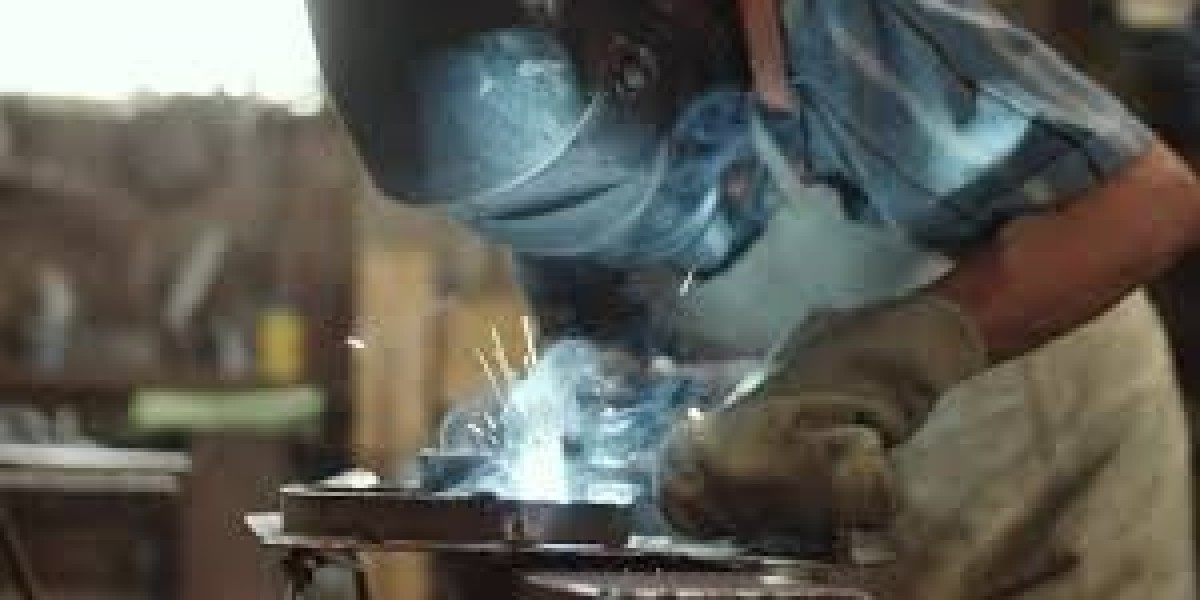Leather aprons for welding are essential protective gear designed to shield welders from sparks, heat, and molten metal. These aprons offer superior protection compared to other materials due to the inherent properties of leather, such as durability, flexibility, and resistance to extreme temperatures.
Historical Context
The evolution of protective gear in welding has seen significant advancements over the years. Initially, welders used basic cloth garments which provided minimal protection. The introduction of leather aprons marked a turning point, offering enhanced safety and durability. Leather, being naturally resistant to heat and wear, became the material of choice for protective welding gear.
Material and Design
Types of Leather Used
Different types of leather are used to manufacture welding aprons, each with unique characteristics:
Cowhide: Known for its toughness and durability, cowhide is the most common leather used in welding aprons. It provides excellent protection against heat and sparks.
Pigskin: Pigskin leather is softer and more flexible than cowhide. It offers good protection and is known for its breathability, making it comfortable for long wear.
Deerskin: Deerskin is softer and more supple, providing excellent dexterity and comfort. However, it is less durable than cowhide and pigskin.
Goatskin: Goatskin is lightweight and flexible, offering a good balance between protection and comfort.
Design Features
Leather aprons come in various designs to suit different welding needs:
Full-length aprons: Provide maximum coverage from the chest to the ankles, ideal for heavy-duty welding tasks.
Bib aprons: Cover the chest and waist, offering good protection while allowing for more flexibility and movement.
Split leg aprons: Designed for welders who need to sit or kneel frequently, these aprons offer protection while allowing for easier movement.
Construction Techniques
The construction of leather aprons involves several techniques to ensure durability and effectiveness:
Stitching: High-quality stitching is essential for maintaining the integrity of the apron under stress and heat.
Riveting: Rivets are used to reinforce stress points, preventing tearing and enhancing durability.
Reinforced areas: Critical areas such as the chest, thighs, and abdomen are often reinforced with additional layers of leather or padding.
Safety and Protection
Heat Resistance
Leather aprons are renowned for their heat resistance. The thermal insulation properties of leather protect welders from high temperatures, sparks, and molten metal. Various testing standards ensure that the aprons meet the necessary safety requirements.
Durability and Wear Resistance
Leather aprons are highly durable, withstanding the rigors of welding environments. Proper maintenance and care can significantly extend the lifespan of a leather apron, making it a cost-effective investment for welders.
Chemical Resistance
Leather aprons offer good resistance to many chemicals used in welding processes. While not entirely impervious, leather provides better protection against chemical splashes compared to most synthetic materials.
Benefits of Using Leather Aprons
Comfort and Flexibility
One of the primary benefits of leather aprons is their comfort and flexibility. The ergonomic design allows for a range of movement, making them suitable for various welding positions and tasks.
Enhanced Protection
Leather aprons offer superior protection compared to synthetic materials. The natural properties of leather provide a barrier against heat, sparks, and molten metal, ensuring that welders remain safe during their work.
Cost-Effectiveness
While leather aprons may have a higher upfront cost, their durability and longevity make them a cost-effective choice in the long run. The ability to withstand wear and tear means that welders do not need to replace their aprons as frequently.
Choosing the Right Leather Apron
Assessing Your Needs
Choosing the right leather apron depends on the type of welding work and the environment. Heavy-duty welding requires full-length aprons, while lighter tasks may only need bib aprons.
Sizing and Fit
Proper sizing and fit are crucial for comfort and protection. Adjustable features such as straps and buckles ensure that the apron fits snugly and securely.
Budget Considerations
Leather aprons come in a range of prices. It is essential to balance cost with features, ensuring that the apron meets safety standards and provides the necessary protection without breaking the budget.
Popular Brands and Products
Top Leather Apron Brands
Several brands are known for producing high-quality leather welding aprons:
Brand 1: Renowned for their durable and well-constructed aprons, suitable for heavy-duty welding.
Brand 2: Offers a range of aprons focusing on comfort and flexibility.
Brand 3: Known for innovative designs and premium materials.
Product Reviews
Product 1: A full-length cowhide apron with reinforced areas, ideal for industrial welding.
Product 2: A lightweight pigskin bib apron, perfect for long hours of welding.
Product 3: A goatskin split leg apron, providing a balance of protection and flexibility.
Maintenance and Care
Cleaning Techniques
Regular cleaning of leather aprons is essential to maintain their protective qualities. Use a damp cloth to wipe away dirt and grime. For deep cleaning, special leather cleaners can be used.
Storage Tips
Proper storage ensures the longevity of leather aprons. Store them in a cool, dry place away from direct sunlight. Avoid folding the apron to prevent creases and cracks.
Repairing Damages
Minor damages can be repaired with leather repair kits. For significant damages, it is advisable to seek professional repair services to ensure the apron retains its protective properties.
Conclusion
Leather aprons are an essential piece of protective gear for welders, offering superior heat resistance, durability, and flexibility. They come in various designs and types of leather, each suited to different welding needs. Investing in a high-quality leather apron is crucial for the safety and comfort of welders. Proper maintenance and care will ensure the longevity of the apron, making it a cost-effective choice.








